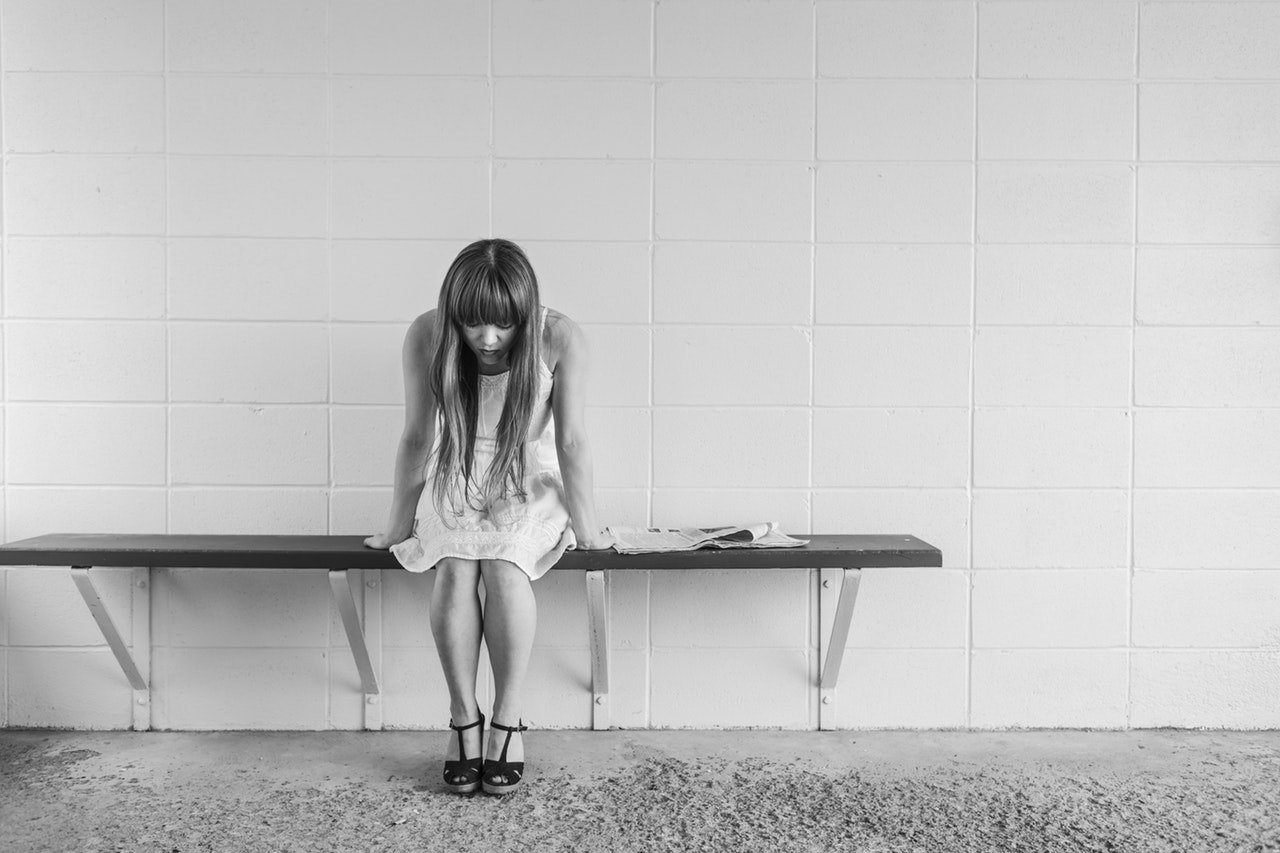What Is ‘Wrong’ with Me?
Do you sometimes feel like something is missing in your life? Maybe you have lost interest in the activities that you used to love, such as biking or swimming. Are you feeling more tired than usual? You may be suffering from clinical depression. Depression is one of the most common mental health disorders in the world and affects 350 million people worldwide. In the United States, over 16 million adults have had at least one major depressive episode. That is close to 7% of all the adults in the United States.
Who Is Most Affected by Depression?
Although anyone can get depression at any age, and any gender, women are more than twice as likely to become depressed. According to the National Institute of Mental Health (NIMH), the age group that is most affected is between 12 and 25 years of age. However, the Center for Disease Control (CDC) reports a higher incidence of depression in adults from 40 to 59 years old. This discrepancy may be due to fluctuating amounts of reports from different years. Either way, anyone can have depression, no matter how old you are.
What Are the Symptoms of Depression?
There are different types of depression with various symptoms, but the most common include:
• Feeling sad, hopeless, and depressed for longer than two weeks
• Difficulty concentrating
• Feeling guilty or worthless
• Lack of energy or extreme fatigue
• Change in sleep pattern (sleeping too little or too much)
• Lack of appetite
• Weight loss or gain
• Losing interest in activities you usually enjoy
• Thoughts of harming yourself
Causes of Depression
There is no definite cause of depression but there are many theories and risk factors. Some of these include:
• Imbalance of brain chemicals
• Hormones
• Genetics
• Previous mental health condition
• Environmental such as extreme poverty, abuse, and neglect
• Alcohol or drug abuse
How to Treat Depression
There are many ways to treat depression, from medical to holistic. The most common way to treat depression is with antidepressant medication, such as Prozac, Wellbutrin, or Zoloft. These medications may take one or two weeks to take full effect, but just knowing that you are doing something to help can make you feel better. Psychotherapy is another common treatment for depression that is effective. Also, research shows that exercise is good for depression because it raises the dopamine, endorphins, and serotonin levels in the brain.
Talk Therapy
Talking about what you are feeling is one of the best ways to help yourself feel better. Some people prefer to talk to a psychiatrist, friend, or family member. However, others are more comfortable opening up to strangers in support groups. One thing that has become really popular recently is online therapy. It is extremely convenient to be able to just go online and talk to someone on Facetime, Google Hangouts, or Skype without having to leave your home. This is perfect for those of us who are so busy taking care of the kids, household, and everything else. Some websites offer thousands of licensed therapists who are available 24 hours a day. Go online and check it out. You can start feeling better today.
*Disclosure: This is a sponsored post.



Thank you for this. It’s really important that as many people as possible shout as loudly as possible about mental health issues because they are still not getting the support and financial assistance they so desperately need.
My advice to people struggling would be to be as open as you can about it, because there will be someone not too far away who will understand completely what seems such a nightmarish mystery to you, and they will help and support you and make you realise that you are not, by any means, alone. They might not be real life friends, they might be social media people – strangers – but that is often better.
Some of my best friends in all the world have come into my life because of my depression and anxiety, they have been rocks to me and I hope I have been able to repay their kindness, thoughtfulness and rationality. Some I have not yet met, but I still love the bones of them.
Thank you so much for sharing! Wise words, so true ?
It is good that you write about a topic that is difficult to discuss. I think that physically being among others despite their warts is also helpful. There is always the hope.